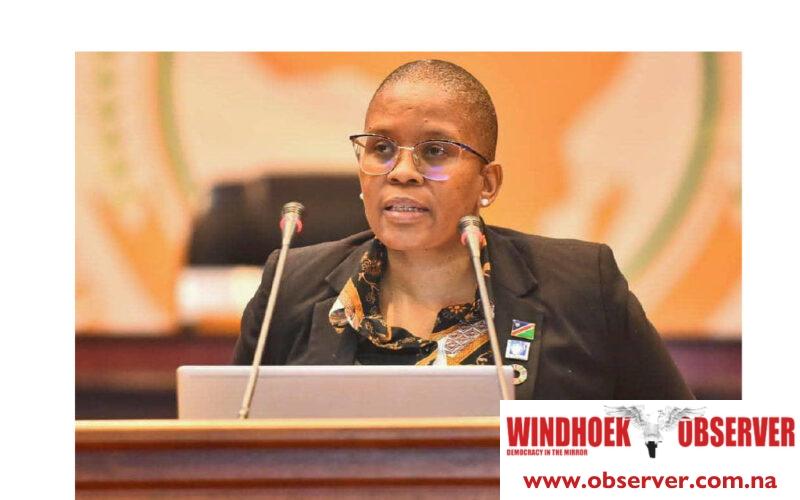Niël Terblanché
Namibia’s Minister of Justice, Yvonne Dausab, stressed the essential role of legal representation in the justice system during a regional workshop on legal aid services in Windhoek.
At the official opening of the workshop on Wednesday, Dausab stated that access to legal representation is not only a constitutional right but a reflection of society’s moral values.
The event, co-hosted by the Ministry of Justice and the United Nations Office on Drugs and Crime (UNODC), brought together legal experts, policymakers, and civil society representatives from across Southern Africa to discuss challenges in ensuring equal access to justice.
Dausab revealed that applications for legal aid in Namibia have surged from 1 000 in 1990 to more than 10 000 this year.
“This significant increase demonstrates a growing demand for affordable legal assistance, which is critical for promoting justice for all,” she said.
She also announced plans for a new Small Claims Court system aimed at making legal processes more accessible and affordable for Namibian citizens.
“This initiative will simplify court procedures, enabling individuals to present their cases without the complexities of traditional legal settings,” she said.
The minister said that such reforms would help eliminate barriers to justice for many, particularly those from vulnerable communities.
Chief Justice Peter Shivute also officiated at the same event and said that legal aid is fundamental to ensuring equality before the law, as enshrined in the Namibian Constitution.
He stressed that without adequate legal representation, many citizens would be denied their rights, thereby weakening the justice system’s integrity.
“Legal aid is a vital element in upholding the rule of law and maintaining public confidence in the judiciary,” he said.
The workshop addressed regional challenges in providing adequate legal services and highlighted potential solutions.
According to Shivute, Namibia’s progress in expanding legal aid services reflects a broader commitment to advancing justice and human rights in the country.
He added that the regional collaboration, facilitated by the Namibian Ministry of Justice and UNODC, is a step toward building a more just and equitable society, not only in Namibia but across the Southern African region.
“By focusing on access to legal aid, the initiative strengthens the region’s capacity to address the growing needs of its citizens for fair and affordable legal representation,” he said.




